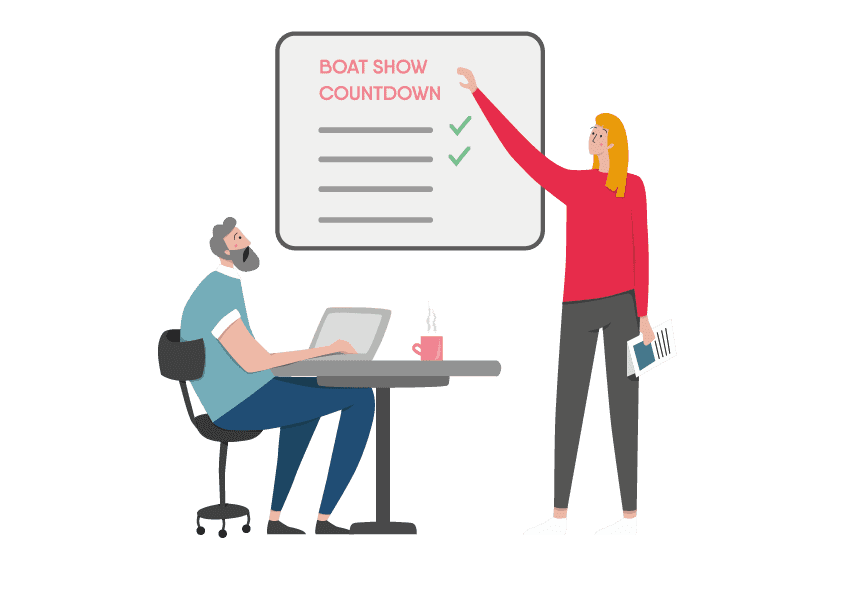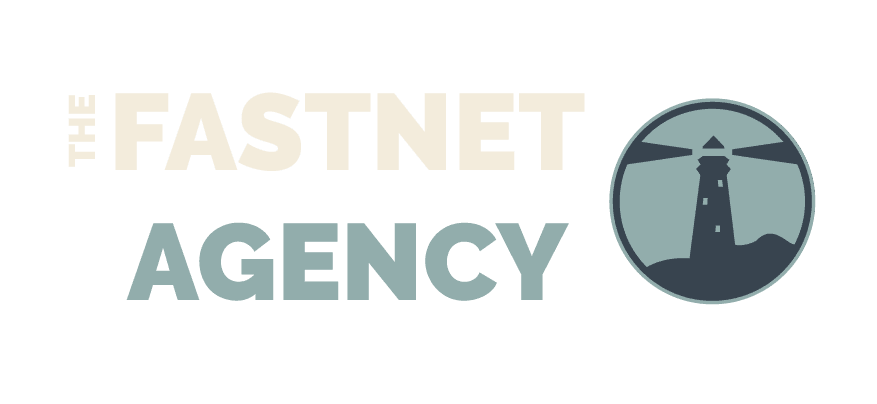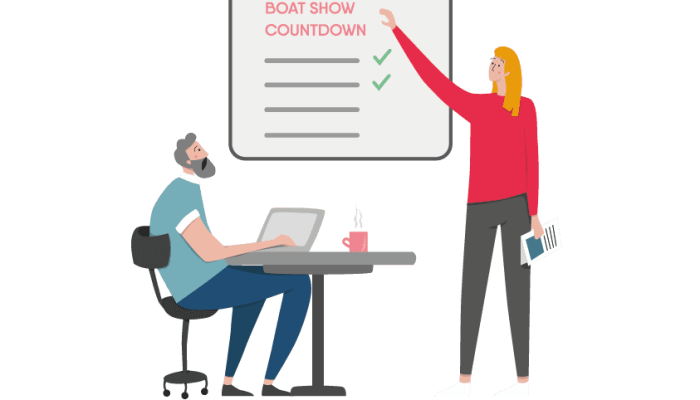At Fastnet Marketing, we have years of experience marketing popular yachting events, such as the Azores and Back Yachting Race (AZAB), the Falmouth Classics, and more recently we have acquired the Classic Channel Regatta, another prestigious event in the sailing calendar.
Last year we also started a brand new event for those working within the marine sector, the Cornwall Marine Conference. We recognised that there was a huge gap in opportunities for people working within this industry in Cornwall to get together, share knowledge and best practices. The first conference took place in November 2017, and due to the popularity of the event, the sequel is being planned for later this year.
Due to our experience in this field, we thought we would compile a few tips on how to deliver event marketing successfully.
So, what does event marketing involve?
Event marketing can be highly challenging and require excellent foresight and strategic thinking. As the work encompasses multiple disciplines, it often needs a team of people to bring an event together, as each person manages various parts of the work according to their strengths and knowledge.
A good place to start when promoting an event or conference is to plan the work ahead, as this provides a great chance to view all the stress points when a lot of work needs to be done in succession.
There are three distinct parts to any event marketing: pre-event marketing, promotion during the event, and post-event marketing. Let’s take a look at each section in turn.

Pre-event marketing
This is often the most time consuming area. Firstly, it’s important to set goals that you’d like to achieve for the event. Then create a planning schedule with a timeline of activities in the run up to the event. These may include all or some of the following:
- Branding
- Website design & development (an engaging website is crucial in event marketing as all the promotional work is funnelled to the site)
- Print media (e.g. sponsor’s packs, leaflets, posters, official programmes etc.)
- Sponsorship and/or advertising deals
- Social media posts
- Set a dedicated hashtag (#) for the event to unite all social media promotion & engagement
- Newsletters via email
- Press releases and/or media advisories (to both local media as well as more specific press depending on the type of event)
- Ensure the event has been added into event diaries (e.g. sailing events)
Promotion during the event
This is just as important as there will be many people out there who are very interested in the event, but for whatever reason were not able to make it. However, these people would still love to know what is happening during the event, and therefore it is important to keep them engaged as much as possible.
The use of pictures and videos of the event are really useful during this stage, as they are quick to post and don’t require much text to go with it since the images and/or video speak for themselves.
Social media features, such as Facebook Live and Instagram Live, are great ways of engaging followers with an event as it happens. Viewers also have the opportunity to like and comment during the live broadcasts which is very popular.

Post-event marketing
After the dust has settled, it is extremely important to collate all feedback from participants, sponsors etc., as well as your thoughts as the organising team. This will help you to ensure that any problems that popped up during the organisation and planning stage is addressed for future events, and it will allow you to build an even better experience for the attendees and supporters in future.
If you have an upcoming event and would need some advice, we’d love to hear from you!
Simply call us on 01326 250879 or email thecrew@fastnet.agency



